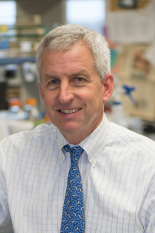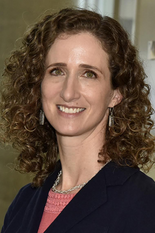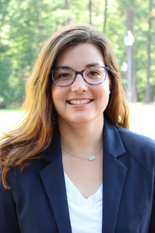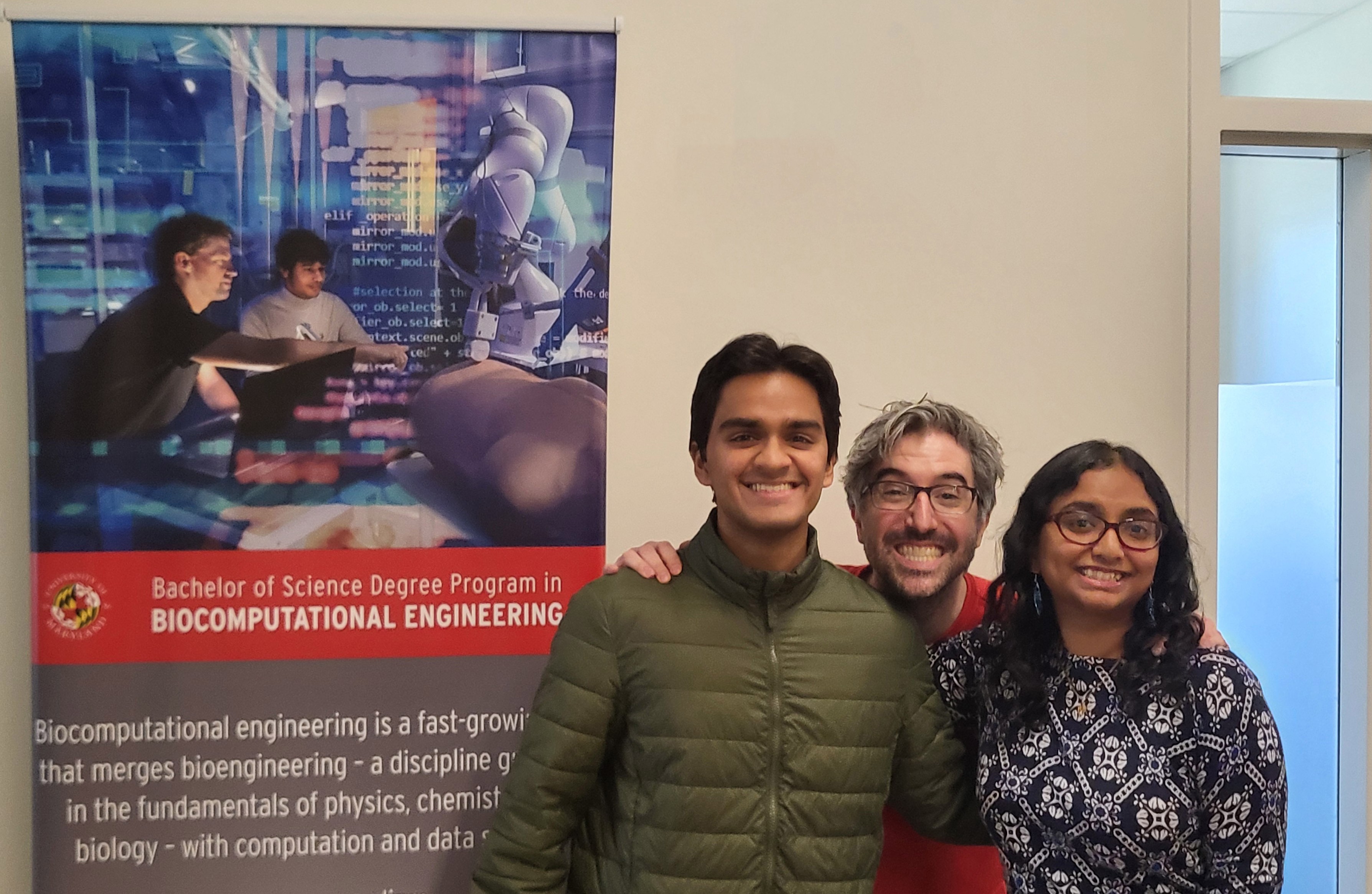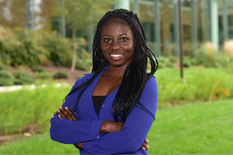News Story
Fischell Institute Affiliate Spotlight: Katharina Maisel
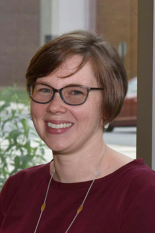
Katharina Maisel is a Fischell Institute Affiliate and an Assistant Professor for the Fischell Department of Bioengineering (BIOE). Her expertise combines materials science, biophysics, and biomedicine to focus on immunoengineering, nanotechnology, drug delivery, and the characterization of biological barriers using engineering tools.
Her typical day involves teaching-related research and service/outreach activities including working as UMD's Biomedical Engineering Society (BMES) faculty advisor and helping run a bi-weekly writing group for BIOE graduate students.
Maisel recently got involved with the Fischell Institute to help finalize the design of a tissue dissociator device that will provide single-cell suspensions from tissues for various scientific applications.
"I love working with my lab, and finding exciting new directions based on data collected is one of the most exciting things to me," Maisel said.
Maisel’s laboratory works with a broad range of researchers, including biomedical device researchers for sensing intestinal health, mucosal immunologists to study how the immune system modulates biological barrier properties of mucosal surfaces, and biophysicists to probe structure-function relationships in tissues.
These collaborative efforts enable research that intersects specializations, such as combining biomedical devices and nanotechnology to modulate the immune system. This type of cross-sectional research can lead to advancements like the recent COVID-19 vaccines, which were some of the first nanotechnology-based vaccine formulations approved for general use.
One of the projects she is working on is studying how the material properties of nanoparticles affect the transport of those nanoparticles into lymphatic vessels and lymph nodes. Understanding that process is essential to designing therapeutics that modulate the adaptive immune response, as vaccines do.
Maisel also works on how biomechanical stimuli, such as interstitial fluid flow and stiffness, affect lymphatic functions. To do this, she combines existing in vitro models with her designed models to decipher how biophysical properties, like viscoelasticity and stiffness of biological barriers, change in aging and inflammatory conditions.
In addition to these and other ongoing projects, Maisel hopes to get more involved in women's health research, since lymphatic vessels and mucosal barrier properties in the urogenital tracts are highly underexplored.
Outside of work, Maisel enjoys biking, hiking, baking, gardening, watching movies, and singing with Montgomery County's Rockville Chorus.
Published April 21, 2023
